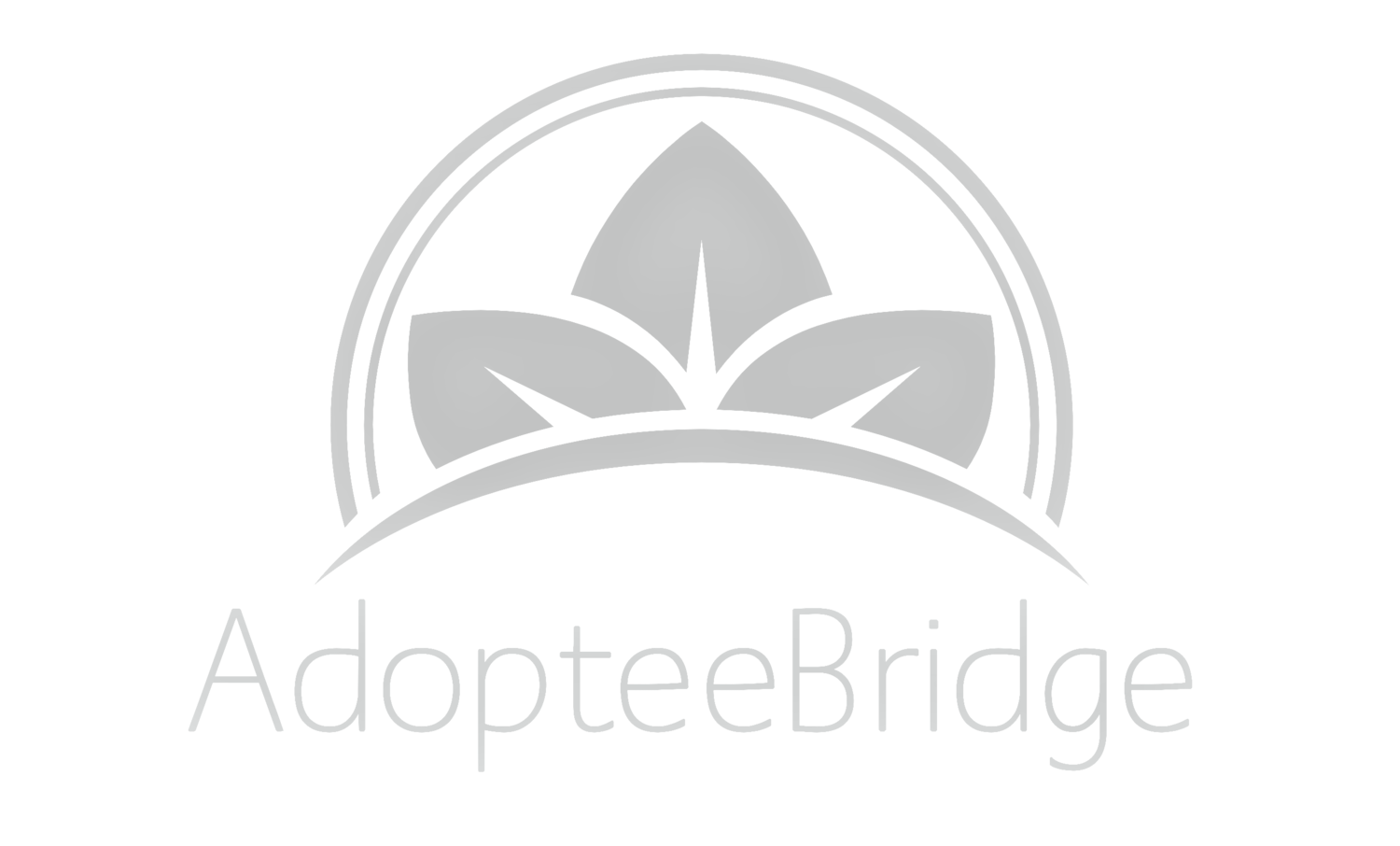The 2018 PyeongChang Olympics will bring a global audience to Korea. As some athletes participating, such as Marissa Brandt, are adoptees, the global media is bound to bring a spotlight on Korea's history of international adoption.
For some Korean adoptees, it will spark an interest to return to Korea for the first time. And for others, during the Olympic Games, they will return for a second, third, or fourth time.
“I think I really wanted to go back. It feels like it’s home but at the same time, when I get there, I’m not home. I don’t really know where I belong,” Olson said.
The longing to return to one's birthland is often seen in adoptees. But the struggle to belong in one's birthland is also commonly seen when adoptee's return--even when it is their second, third, or fourth trip. There are struggles relating to cultural differences, lack of understanding of Korean--an adoptee's native birth language, etc. Thus, it is important to have a good support system--whether it be family, friends, fellow adoptees, professional support services, or all of the above.
Read an article at the following link that explains how some adoptees are connecting with a group traveling together during the 2018 PyeongChang Olympics.
